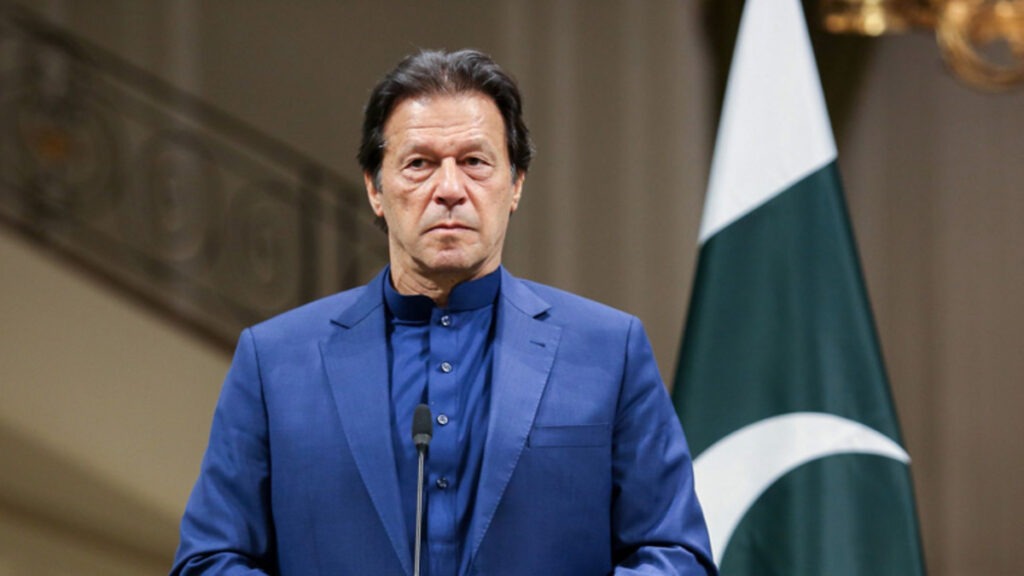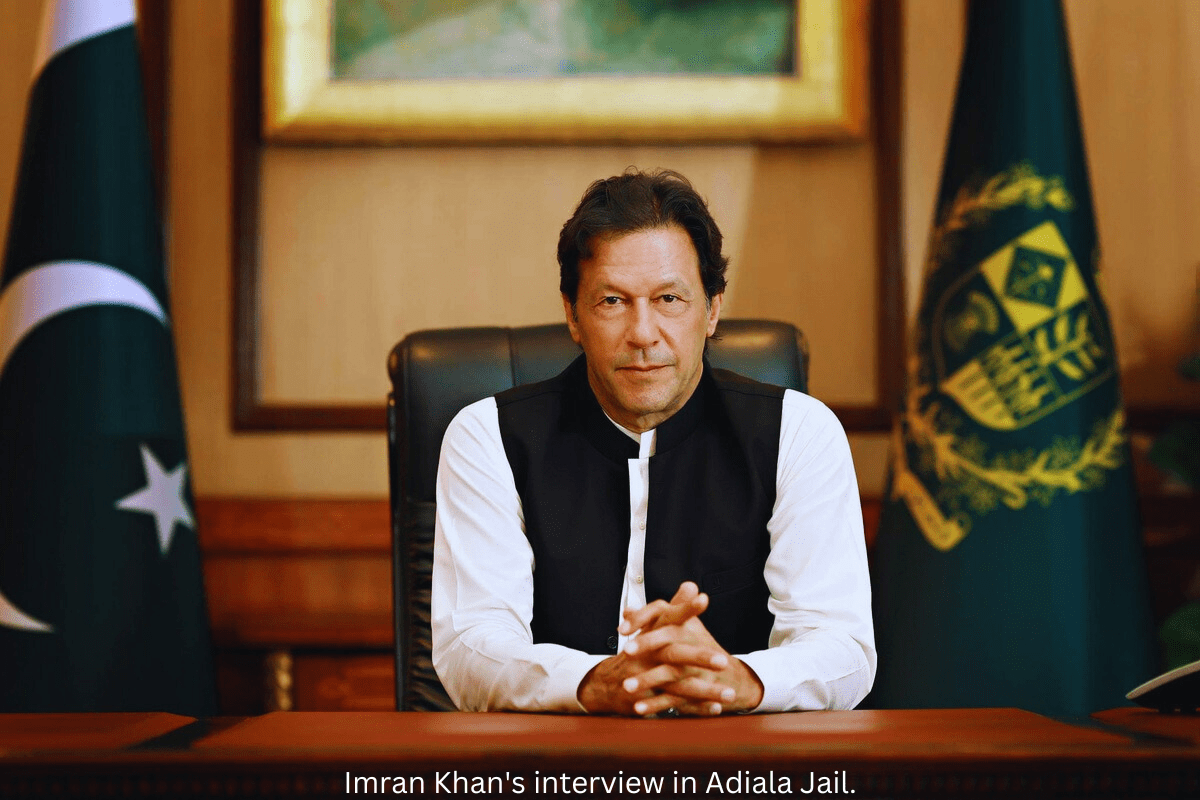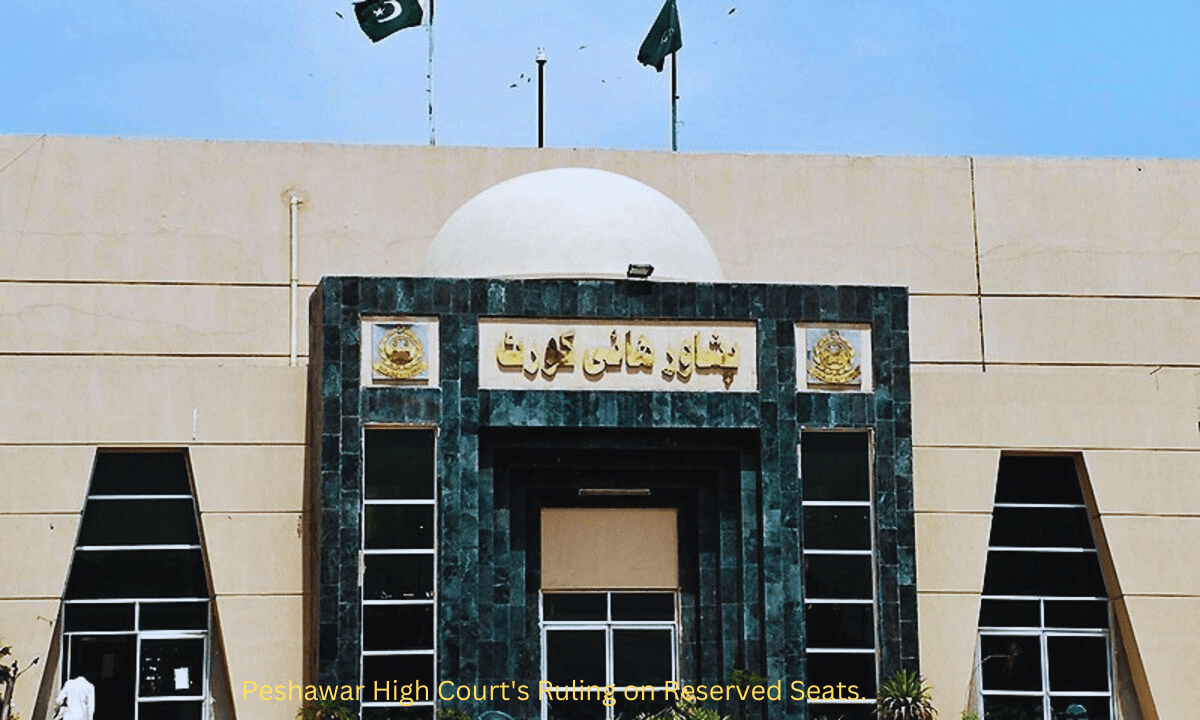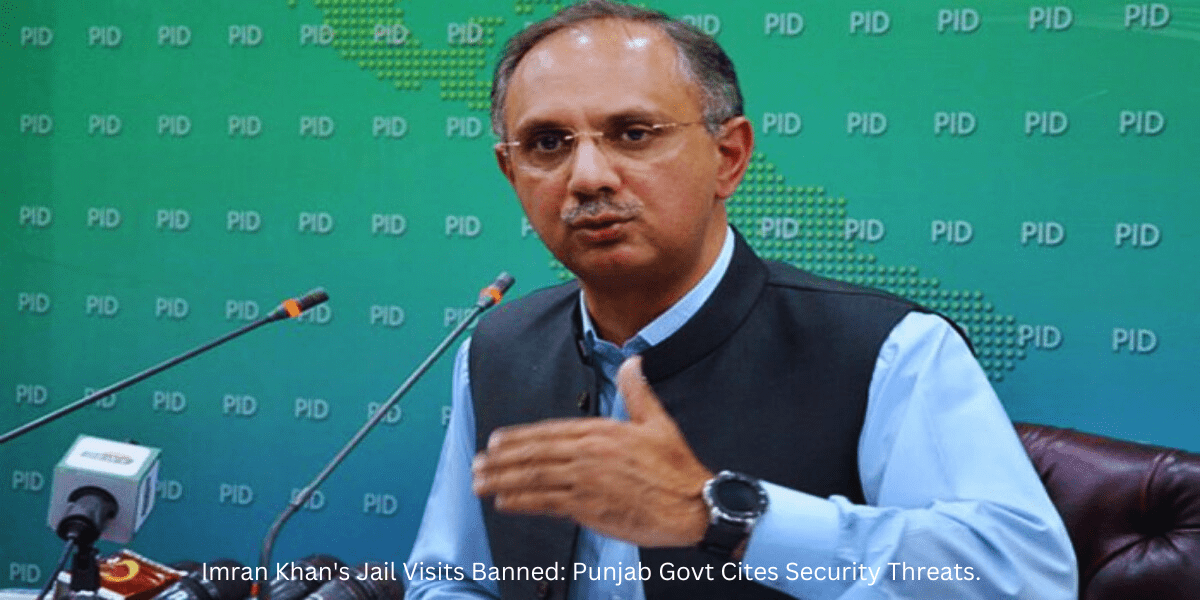
Conclusion
In political turbulence in Pakistan, Imran Khan finds himself at the forefront, challenging The Economist’s report, questioning an unconstitutional administration, and advocating for transparent elections. As the Supreme Court order remains unresolved, concerns over the election commission’s impartiality intensify.
Imran Khan’s plea for a level playing field echoes the challenges faced by the PTI party. Despite the rejection of the vote of no confidence, the specter of American pressure and the influence of the establishment army persist. Stabilizing Pakistan hinges on addressing these complex issues and ensuring a fair electoral process.
Unraveling The Economist’s Report
In a recent turn of events, Minister Murtaza Sulangi has voiced concerns over the accuracy of The Economist’s report, challenging its credibility. This raises questions about the reliability of information and the need for clarity regarding the sources of such claims.
Minister Murtaza Sulangi’s Assertion
Minister Sulangi asserts that The Economist misreported key information. The absence of official sources behind the claims raises eyebrows, especially regarding the alleged presence of cameras on the former Prime Minister’s cell. Imran Khan aligns himself with this stance, supporting the need for a thorough investigation and counterarguments against The Economist’s narrative.
Current Political Dilemma: Free and Fair Elections in Question
The political landscape in Pakistan is currently marked by a palpable sense of fear and skepticism surrounding the upcoming elections. Both federal and provincial governments are in power, but the legitimacy of this administration is under scrutiny. The constitutional requirement of holding elections within 90 days of parliamentary assembly dissolution has been ignored, leading to a situation that many consider unconstitutional.
Rejected Election Dates: Punjab and Khyber Pakhtunkhwa
Despite rumors of elections being scheduled for February 8, two key provinces, Punjab and Khyber Pakhtunkhwa, have rejected this proposed date. The rejection is not only a manifestation of regional dissent but also underscores a broader doubt about the feasibility of a national vote.
The Controversial Election Commission
Adding to the complexity, the country’s election commission has come under fire for its questionable actions. Not only has it defied a Supreme Court order, but it has also actively opposed the highest judicial authority. The election commission’s rejection of nominations from Imran Khan’s Pakistan Tehreek-e-Insaf (PTI) party, interference in internal party elections, and initiation of contempt of court cases further muddy the waters.
PTI’s Struggle: From Vote of No Confidence to Electoral Challenges
The struggle faced by Imran Khan and his PTI party has been evident since the controversial vote of no confidence in April 2022. The establishment, including the army, security agencies, and bureaucratic classes, seems reluctant to provide a fair playing field for PTI, let alone a level one.
Unmasking the Political Landscape: American Pressure and War on Terror
Imran Khan sheds light on the historical context, pointing to the role of the establishment and its engineered removal from government, allegedly under American pressure. His refusal to act as a proxy for wars has been a pivotal point of contention, emphasizing the need for an independent and sovereign approach to Pakistan’s political decisions.
The Call for Stability: Imran Khan’s Vision for Pakistan
Amidst these challenges, Imran Khan advocates for stability in Pakistan. His belief in the necessity of free and fair elections becomes a cornerstone in achieving this stability. Challenging The Economist’s narrative, he urges those with contrasting opinions to come forward and present their arguments.
Conclusion: Navigating Turbulent Political Waters
In conclusion, the political scenario in Pakistan remains complex, with issues ranging from media credibility and electoral integrity to geopolitical pressures. Imran Khan’s call for transparent elections resonates as a potential solution to stabilize the nation. As debates continue, the focus shifts to the imperative of a fair electoral process and the importance of navigating these turbulent political waters with resilience and transparency.
FAQ’s
Q: Why is Imran Khan challenging The Economist’s report?
A: Imran Khan disputes The Economist’s account, alleging misreporting, and seeks to present a counter-narrative on elections.
Q: What is the basis for calling the current administration unconstitutional?
A: The administration is considered unconstitutional due to the failure to hold elections within 90 days of the parliamentary assemblies’ dissolution, violating the stipulated timeframe.
Q: When are the elections expected, and why the rejection in Punjab and Khyber Pakhtunkhwa?
A: Despite rumors of elections on February 8, rejection in two provinces stems from skepticism and opposition, casting doubt on the possibility of a national vote.
Q: How has the election commission been implicated, and why is it contentious?
A: The election commission’s actions, opposing the Supreme Court and obstructing PTI’s internal processes, have sparked controversy, raising questions about its impartiality.
Q: What role does the establishment army play in Imran Khan’s narrative, and how does American pressure factor in?
A: The establishment army’s involvement in engineered government removal under American pressure, coupled with Imran Khan’s refusal to act as a proxy for wars, adds complexity to the political scenario.




Leave a Reply